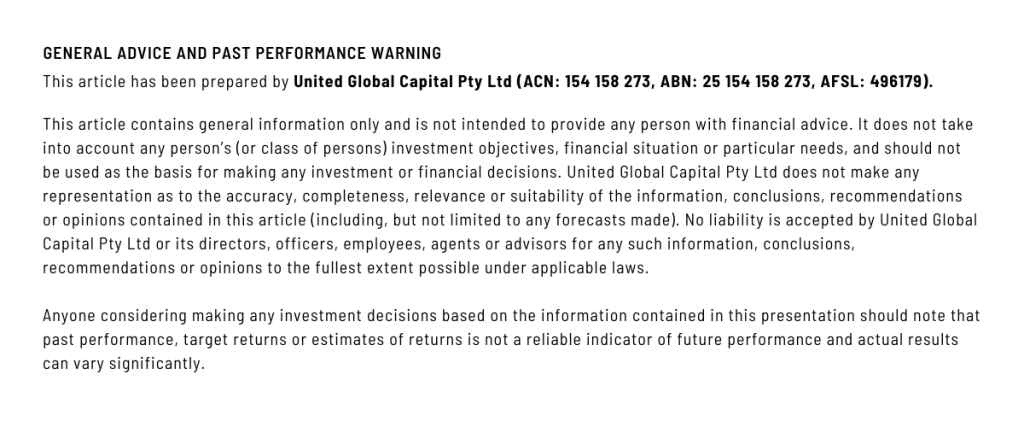How to Invest in Shares
Investing in shares can be a powerful way to grow your wealth over the long term and achieve financial goals that might otherwise seem out of reach.
With the potential to earn better returns than leaving your money in a savings account, the ability to generate income from dividends, protection against inflation, and the opportunity to take control of your financial destiny, shares are an attractive avenue for investors. In this article, we’ll delve into the world of share investing and explore the different avenues through which you can participate in the stock market.

The Benefits of Investing in Shares:
- Long-Term Growth: Shares have historically shown the potential for significant long-term growth. While there are short-term fluctuations, well-chosen investments have the potential to appreciate in value over time.
- Dividend Income: Many companies distribute a portion of their profits as dividends to shareholders. This provides a regular income stream, making shares a potential source of passive income.
- Inflation Hedge: Shares have historically outpaced inflation, making them a valuable tool for preserving and growing your purchasing power over time.
- Control Over Investments: When you invest in shares, you have the autonomy to select the companies you believe in and allocate your funds accordingly.
- Tax Benefits: In some cases, holding shares can offer tax advantages, especially if you strategically manage your portfolio. Additionally, certain investment accounts offer tax breaks for capital gains and dividends.
Ways to Invest in Shares:
Buying Shares Directly:
One of the most direct ways to invest in shares is by opening an online trading account. This approach gives you complete control over your investment decisions. You can conduct research, choose the companies you want to invest in, and buy/sell shares as you see fit. While this path requires a solid understanding of the market, it empowers you to shape your investment strategy.
- Self-Directed Trading: With this approach, you make all the decisions about where to invest. You’re responsible for the performance of your shares, and the costs associated with trading are relatively low.
- Using a Broker: If you prefer guidance, you can work with a broker who will offer research-backed advice and execute trades on your behalf. Brokers often charge a percentage of the trade value for their services.
Managed Funds:
Managed funds, such as mutual funds or exchange-traded funds (ETFs), are a more hands-off approach to share investing. These funds pool money from multiple investors and are managed by professionals who make investment decisions on behalf of the investors.
- Professional Management: With managed funds, a skilled fund manager handles the investment decisions, diversifying the portfolio across different companies and sectors. This approach suits individuals who lack the time or expertise for hands-on trading.
- Diversification: Managed funds provide instant diversification, spreading risk across various assets. This can be especially beneficial for those seeking a balanced and safer investment strategy.
- Fees: While convenient, managed funds do come with management fees that can impact your overall returns.
Finding the Right Approach:
Share investing is not a one-size-fits-all endeavour. It’s important to evaluate your financial goals, risk tolerance, and level of involvement before deciding on an investment strategy. Seeking guidance from a financial adviser can be immensely valuable in making informed decisions tailored to your circumstances.
In conclusion, investing in shares offers a world of possibilities for growing your wealth and achieving financial success. Whether you choose to take the reins with direct share purchases or opt for a more hands-off managed fund approach, the key is to align your investment strategy with your goals and risk tolerance. By making well-informed decisions and potentially seeking professional advice, you can embark on a journey toward a more secure financial future.

